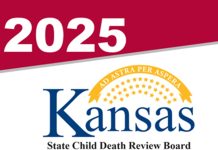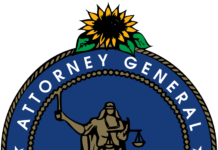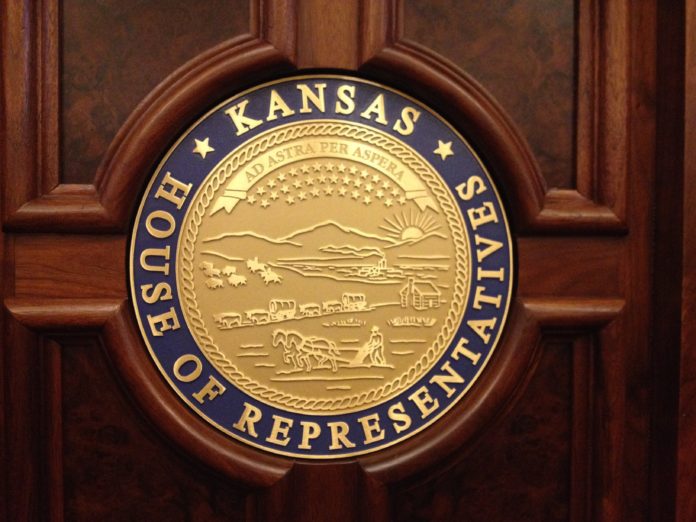A budget measure preventing state universities from asking job applicants about diversity, equity and inclusion failed to survive in the House on Wednesday.
The House came up five votes short of overriding Gov. Laura Kelly’s veto of a budget proviso barring state universities from demanding job applicants to articulate their experience or commitment to diversity, equity and inclusion.
The language was backed by Republican state Rep. Steven Howe, who expressed concern about how DEI was being used in hiring practices at state universities.
Howe said Wichita State University lists DEI experience under “preferred knowledge” on its job postings.
He said Kansas State required some type of DEI statement for some of its jobs while the University of Kansas appeared to ask faculty applicants to include a statement about their DEI experience.
“Unfortunately, there doesn’t appear to be any uniformity or consistency in how our institutions are using or applying DEI statements,” he said.
“I am concerned that some of them may run afoul of the U.S. Constitution and may be vulnerable to lawsuits and financial damages if they are successfully challenged in court.
“Vague or ideological motivated DEI statements can too easily function as litmus tests for adherence to prevailing ideological views on DEI and penalizing faculty for holding dissenting opinions on matters of public concerns,” he said.
The proviso language was similar to what was added in the Senate that barred state universities from demanding a “diversity-equity-inclusion oath” of job applicants, students and contractors. The Senate language didn’t make it into the budget.
The House proposal was different from the Senate’s because it did not prevent state universities from asking about DEI if it was a matter of a job applicant’s expertise, scholarship and teaching background.
The House version also stipulated that nothing in the budget proviso should be interpreted to allow public universities to restrict the academic freedom of any faculty member – another component that was not included in the Senate budget.
“The hallmark of our higher education system is its commitment to facilitating open dialogue that allows students to learn, grow, and challenge their thinking,” Kelly said in vetoing this section.
“Supporting students from all backgrounds, regardless of socio-economic status or geographic location, is vital to creating a well-trained workforce and growing the Kansas economy,” she said.
The governor said the budget proviso “limits our universities’ efforts to find a skilled workforce that prepares our students for an ever-changing economy…
“And it limits their ability to support students from all backgrounds throughout their higher education experience,” she said.
Democratic state Rep. Brad Boyd of Olathe said DEI on college campuses has a significant effect on student outcomes.
“Diversity on campuses improves cultural awareness and critical thinking,” he said. “Isn’t that what our colleges are designed to do, improve our critical thinking, challenge us?
“Why is it that when there’s something we don’t understand or something that we disagree with, we have to do away with it?” he asked.
“Why can’t we seek to understand further?” he asked. “Why can’t we ask questions?”
A diverse faculty, he said, can offer unique support for students from historically underrepresented backgrounds.
“If we want our students to succeed, we want our students to be challenged,” he said, “Why are we removing this? What are we afraid of?”













